Zimbabwe teeters on the edge of a moral and political precipice. The recent revelations of lavish donations by business tycoons and so-called "tenderpreneurs" are not just acts of generosity - they are symptomatic of a deeper, corrosive rot eating away at the heart of the State. What we are witnessing is not philanthropy; it is the capture of government by a select few who operate in the shadows, manipulating power and bending the machinery of the State to serve their interests.
Vice-President Constantino Chiwenga's warning to these shadowy businessmen - known locally as zvigananda - should be a clarion call. Yet, these words, however stern, risk being mere rhetoric unless concrete investigations follow. Political analysts are right to sound the alarm: Zimbabwe's public institutions are being compromised by a network of financial patronage that turns beneficiaries into obedient stooges, blind to the suffering of ordinary citizens.
As Tendai Ruben Mbofana aptly put it, the elite now treat Zimbabwe as their personal fiefdom. Cars, cash, and other material gifts are handed out not as acts of goodwill, but as instruments of control. When individuals become beholden to wealthy donors, the government ceases to answer to its citizens; it answers to those with the deepest pockets. This is not only abnormal - it is a danger to democracy itself.
The scale of this shadow capture is staggering. Kudakwashe Tagwirei reportedly donated over 300 luxury vehicles to Zanu-PF central committee members, alongside a $2 million contribution to President Emmerson Mnangagwa's birthday celebrations. Convicted fraudster Wicknell Chivayo, in a matter of days, doled out more than $5 million in cash and vehicle donations. The glaring question remains: Where did this money come from, and why are anti-corruption agencies silent?
Rejoice Ngwenya's observation is spot on: there is nothing inherently wrong with donations in a materialistic society - but giving directly to individuals, rather than political parties or public institutions, is not only unethical, it is potentially illegal. Such acts blur the lines between politics and corruption, undermining public confidence and tarnishing Zimbabwe's image internationally.
The rot runs deep. Allegations that Zanu-PF's stake in Sakunda Holdings has been contested internally highlight the pervasive influence of business elites over political decisions. State capture is no longer theoretical - it is real, visible, and dangerous. The same pattern is seen in other fragile democracies, where unchecked patronage creates a governance system that exists to enrich the few, while the majority struggle to survive.
Zimbabwe cannot afford to ignore this. A full-scale, transparent inquiry - akin to South Africa's Zondo Commission - is long overdue. Anti-corruption agencies must act decisively, investigating not just the donations themselves, but the intricate web of influence and patronage that allows a handful of businessmen to dictate political fortunes.
Failure to act risks normalising corruption, entrenching a system where the State serves the wealthy elite rather than its citizens. Zimbabweans deserve leadership accountable to them - not to the lavish donors who bankroll political loyalty. The time for investigation, accountability, and justice is now.
- newsday
 Mnangagwa to officiate at Mine Entra
Mnangagwa to officiate at Mine Entra  South African ambassador falls to death from Paris hotel room
South African ambassador falls to death from Paris hotel room  India dumps US Treasury bills
India dumps US Treasury bills  Zimbabwe's dollar stock exchange surges 45%
Zimbabwe's dollar stock exchange surges 45%  Gold edges up as traders await guidance
Gold edges up as traders await guidance  Zimbabwe gold prices move to 118.26 per gram
Zimbabwe gold prices move to 118.26 per gram  Young Investment Professional (YIP) Graduate Programme 2019
Young Investment Professional (YIP) Graduate Programme 2019 
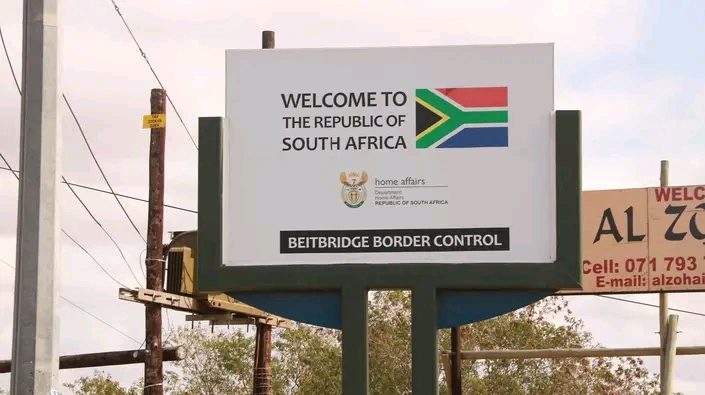

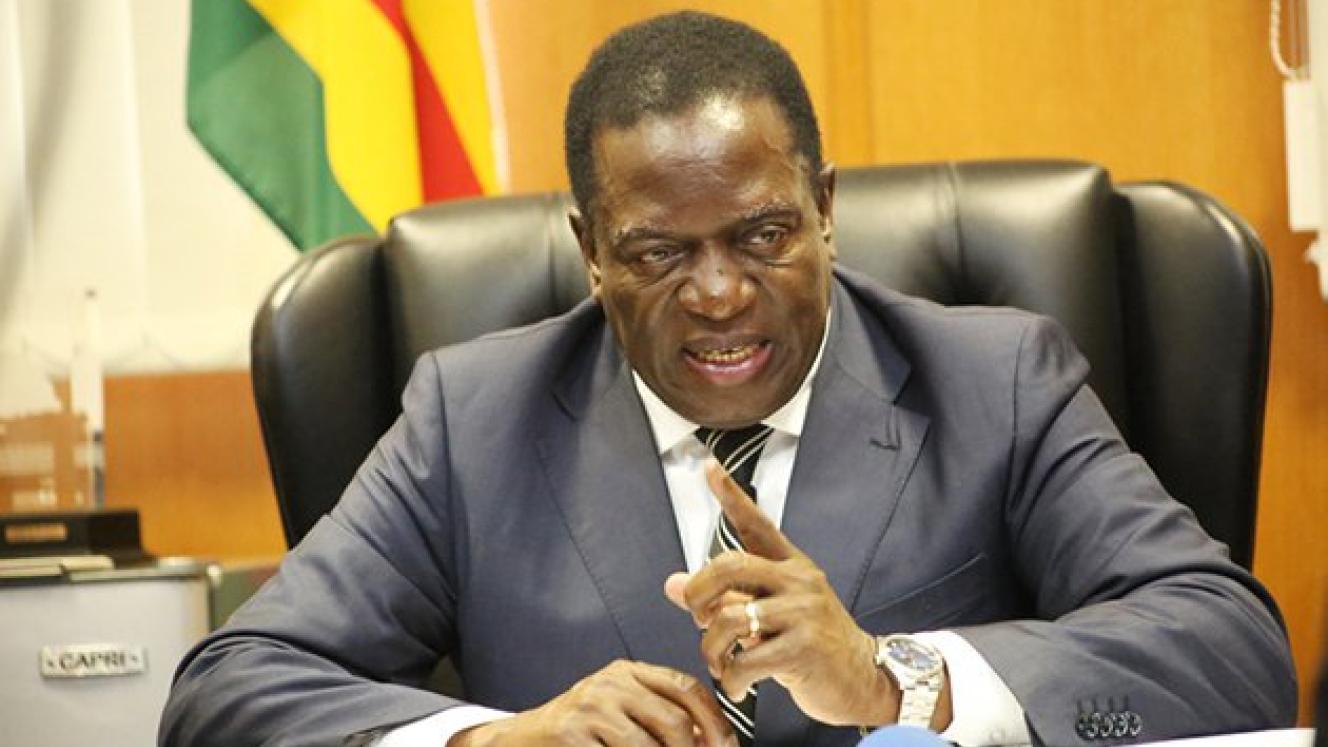
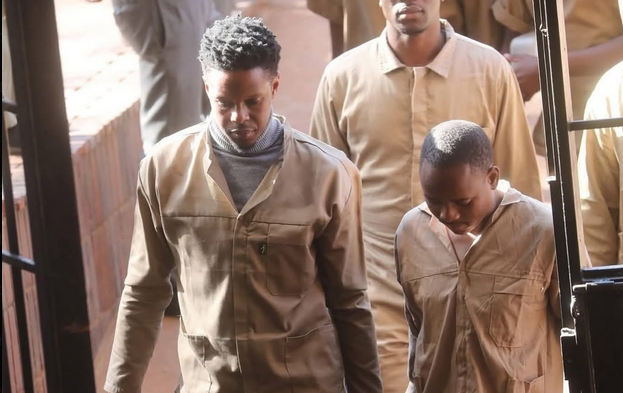
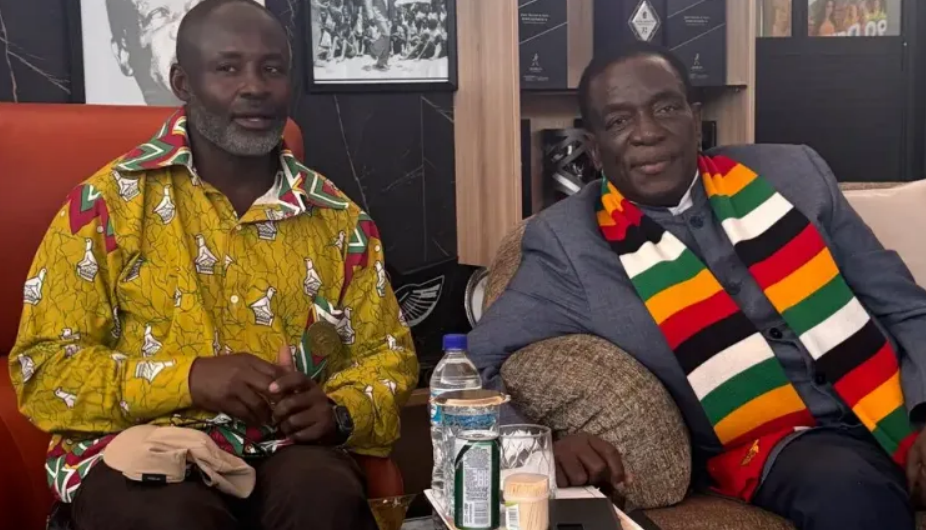
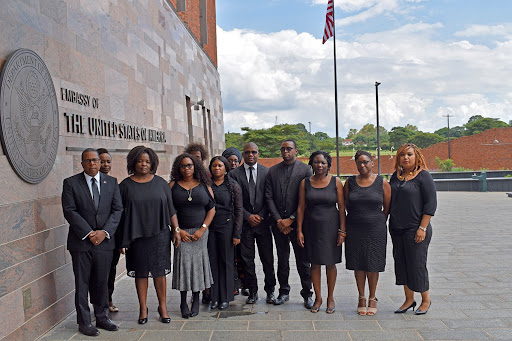
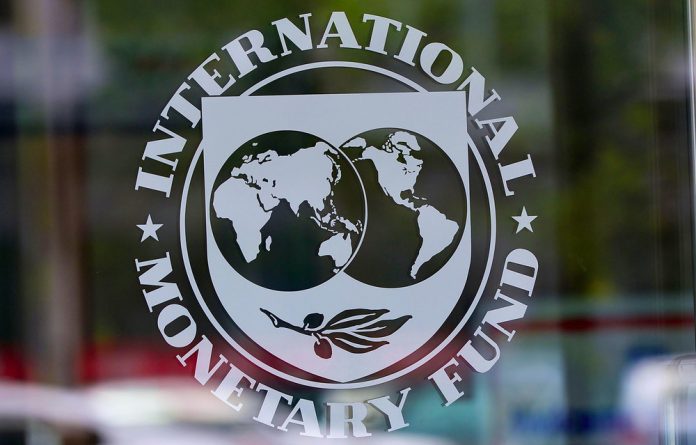
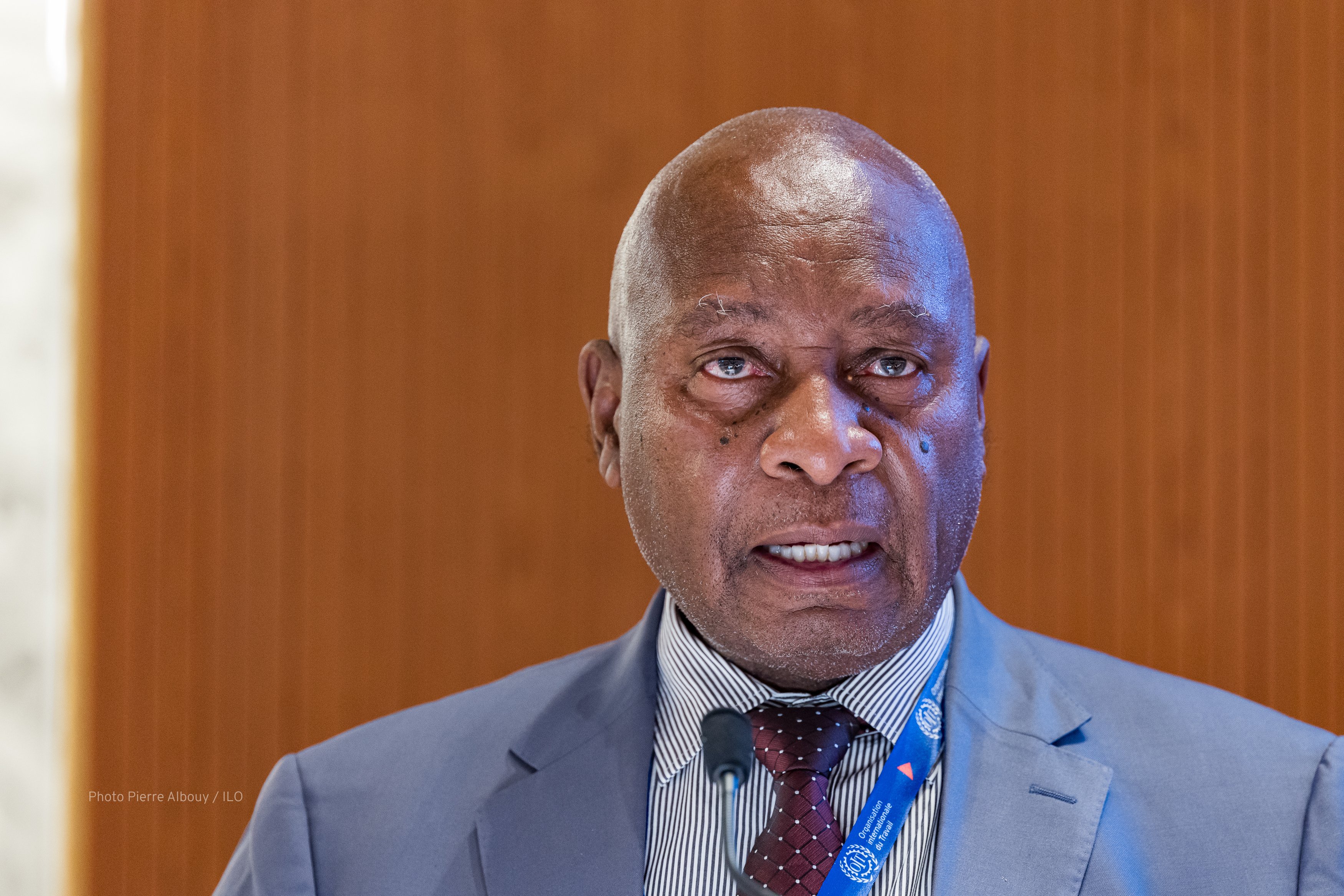


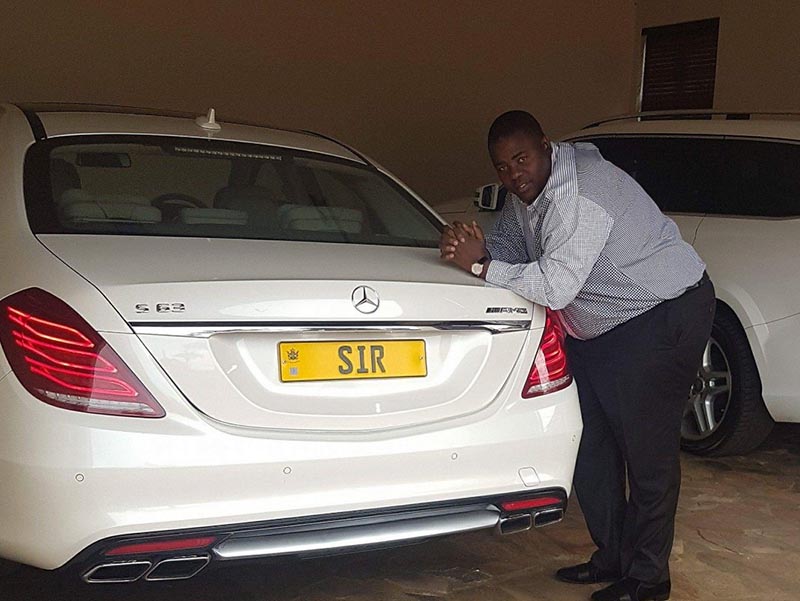
 Young Investment Professional (YIP) Graduate Programme 2019
Young Investment Professional (YIP) Graduate Programme 2019
Editor's Pick